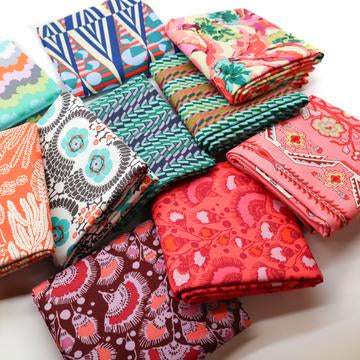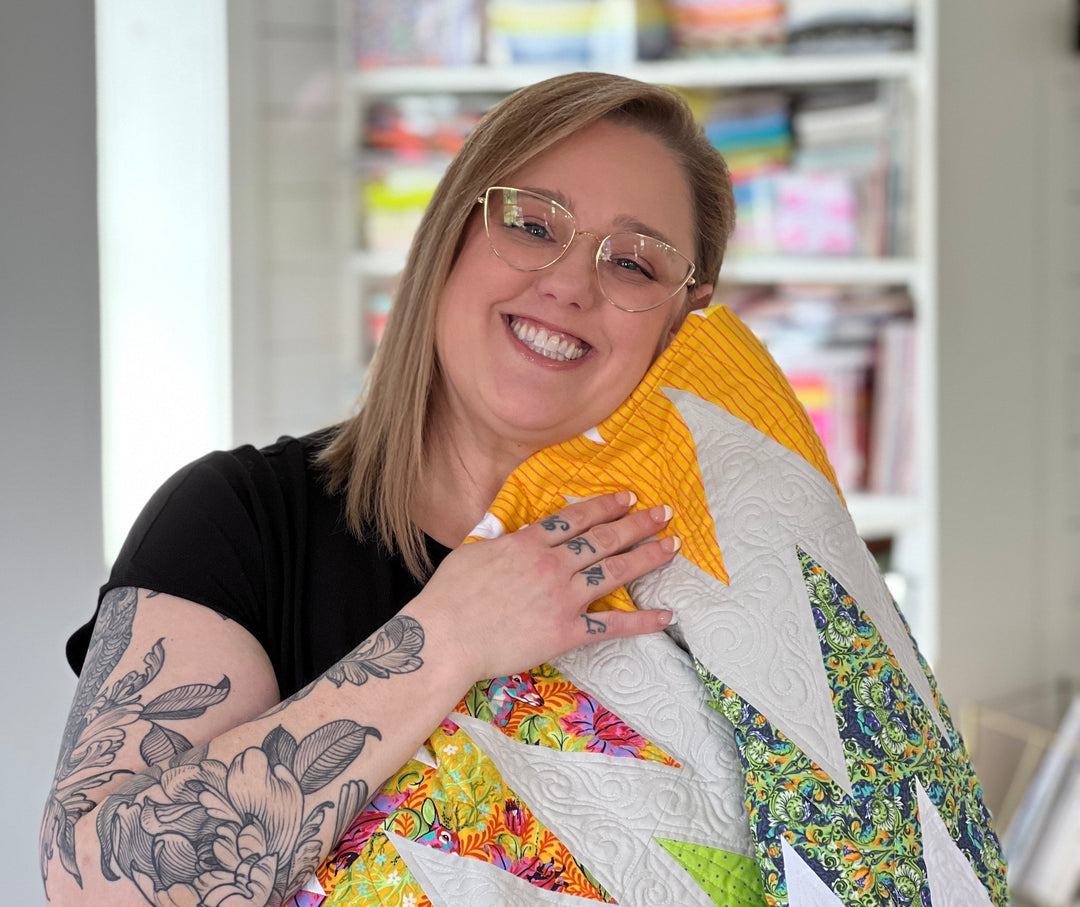Wear a mask, make a mask!

A growing number of studies show that face masks are an effective tool in preventing the spread of the coronavirus.
1. Masks protect other people from infection
The coronavirus spreads from one person to another mainly through respiratory droplets that are created when an infected person coughs, sneezes or even talks. Face masks can stop these droplets and help prevent droplets from escaping from the infected person to other people. When without a mask, the droplets travel a couple of meters away, a scarf in front of the face limits their spread to one meter, and a folded cotton handkerchief, on the other hand, limits the spread to half a meter.
2. Getting infected is not immediately noticeable
In the beginning, the mask was only recommended for people who were already known to have COVID-19 to protect the people around them. Since then, it became obvious that the virus spreads even before symptoms appear, and also through people who never develop symptoms, even though they carry the virus.
In some studies, such as the one recently published in the journal Nature, it was found that 40% of those infected remain asymptomatic. So it is very challenging to know who might be spreading the disease. That is why both the US health authority CDC and the World Health Organization WHO recommend the use of a mask. It is one means of avoiding the unintentional spread of the disease and shows community responsibility.
3. Masks can also protect the wearer
In some studies, it is concluded that cloth masks also protect the wearer to some extent, but the protective effect is most clearly achieved collectively when as many people as possible cover their noses and mouths with masks. It can be thought of as a community benefit; the more people prevent the spread of the virus with masks, the less chance the virus has to spread in the community. In this way, everyone's risk of infection is reduced together.
Some of the studies highlight the power of widespread use of face masks in protecting the community. A report in Health Affairs recently highlighted that states in the US with mask mandates had a greater drop in daily virus infections than states without mask mandates.
Finally, a couple of examples of mask formulas to make them yourself:
- Martat face mask formula (in Finnish) (more on the Martat website)
- Olson Mask (in English)






Leave a comment